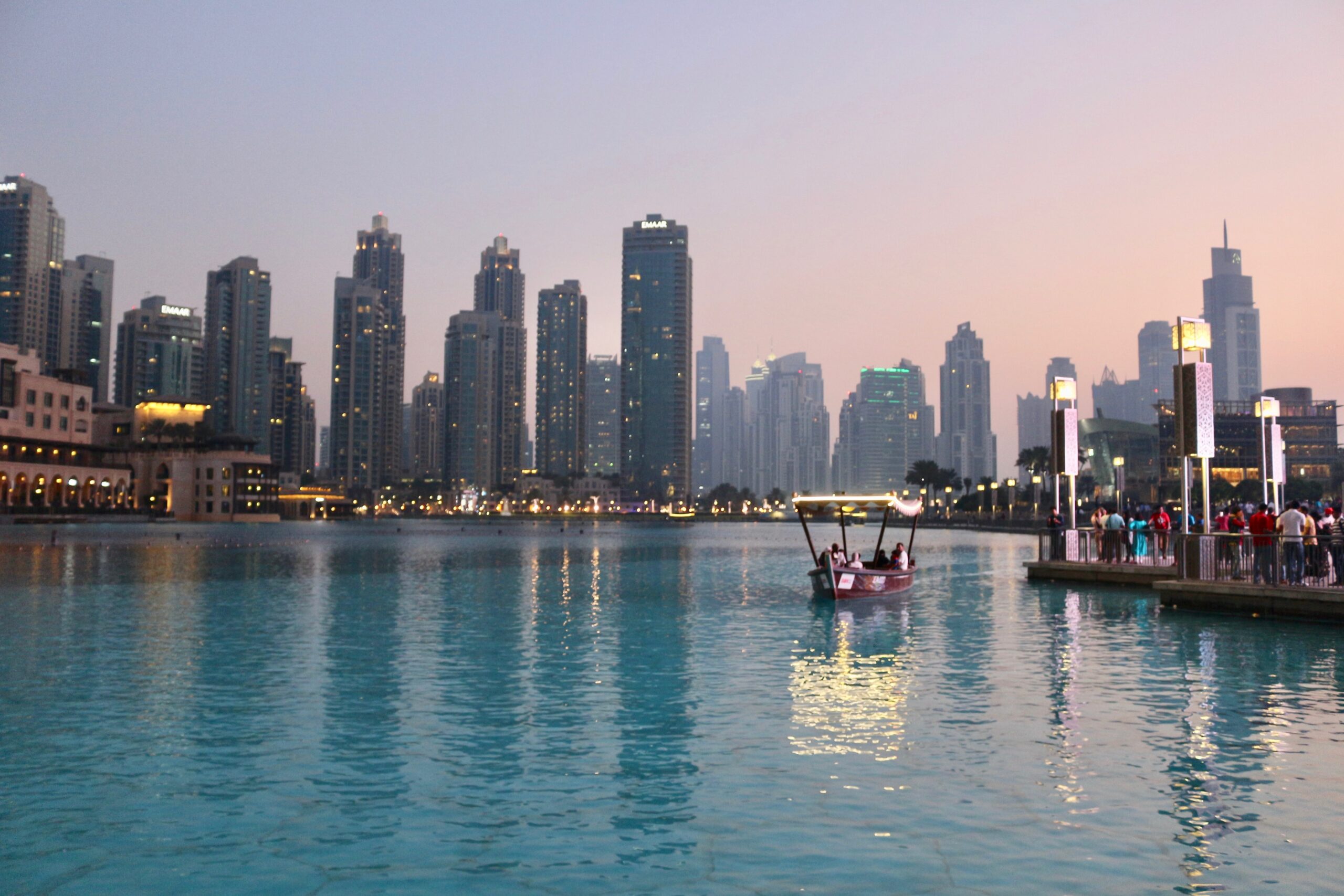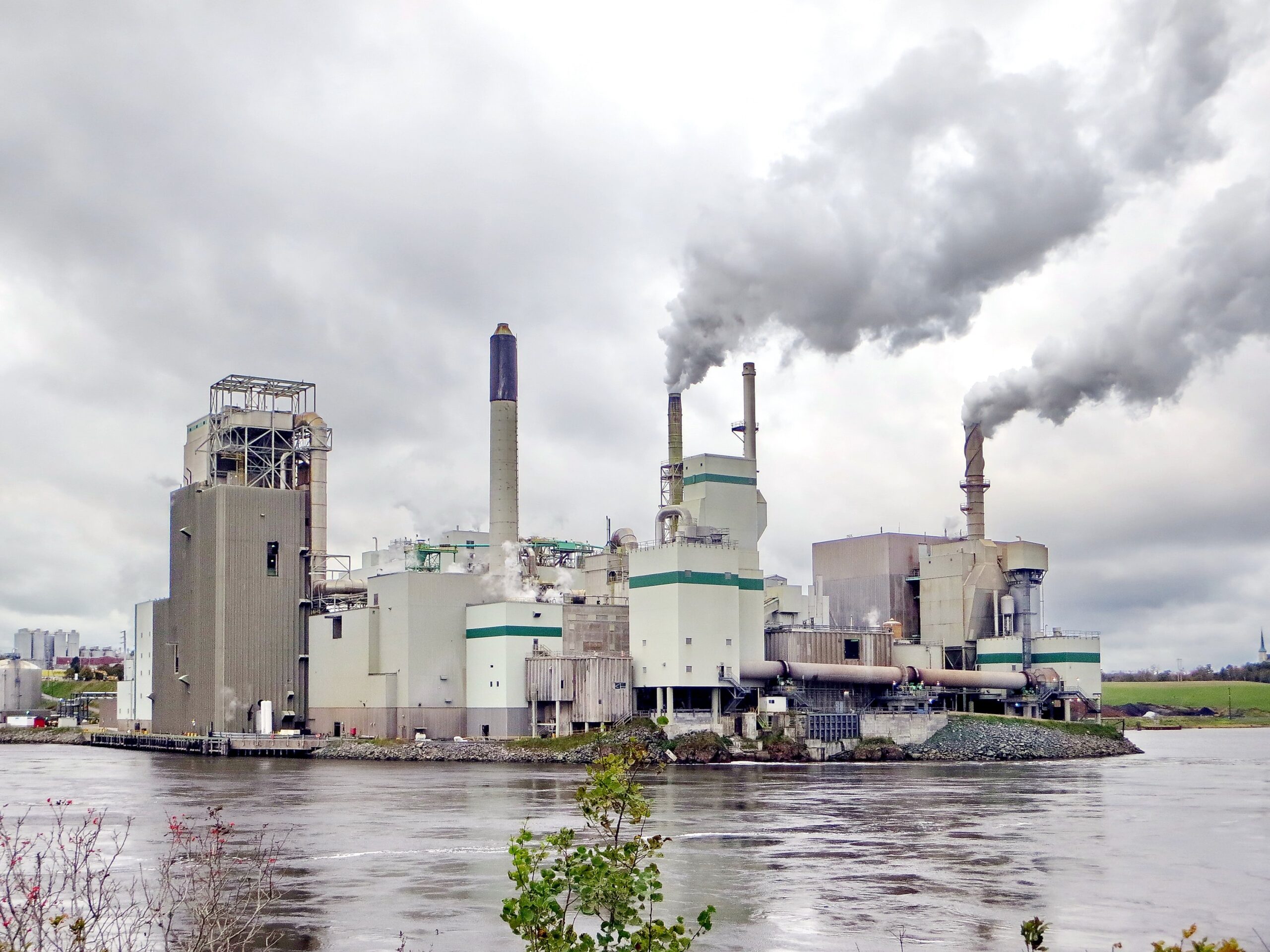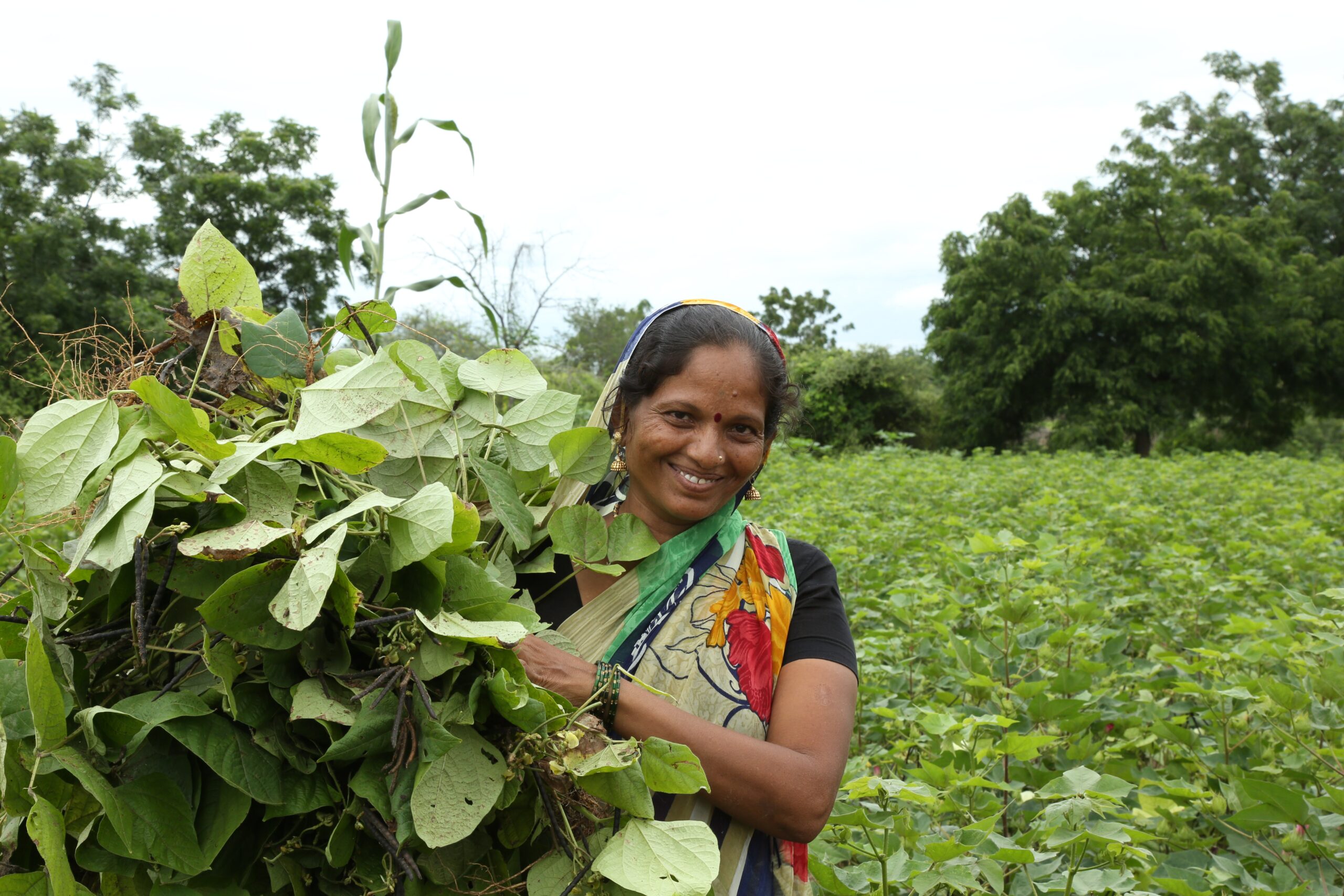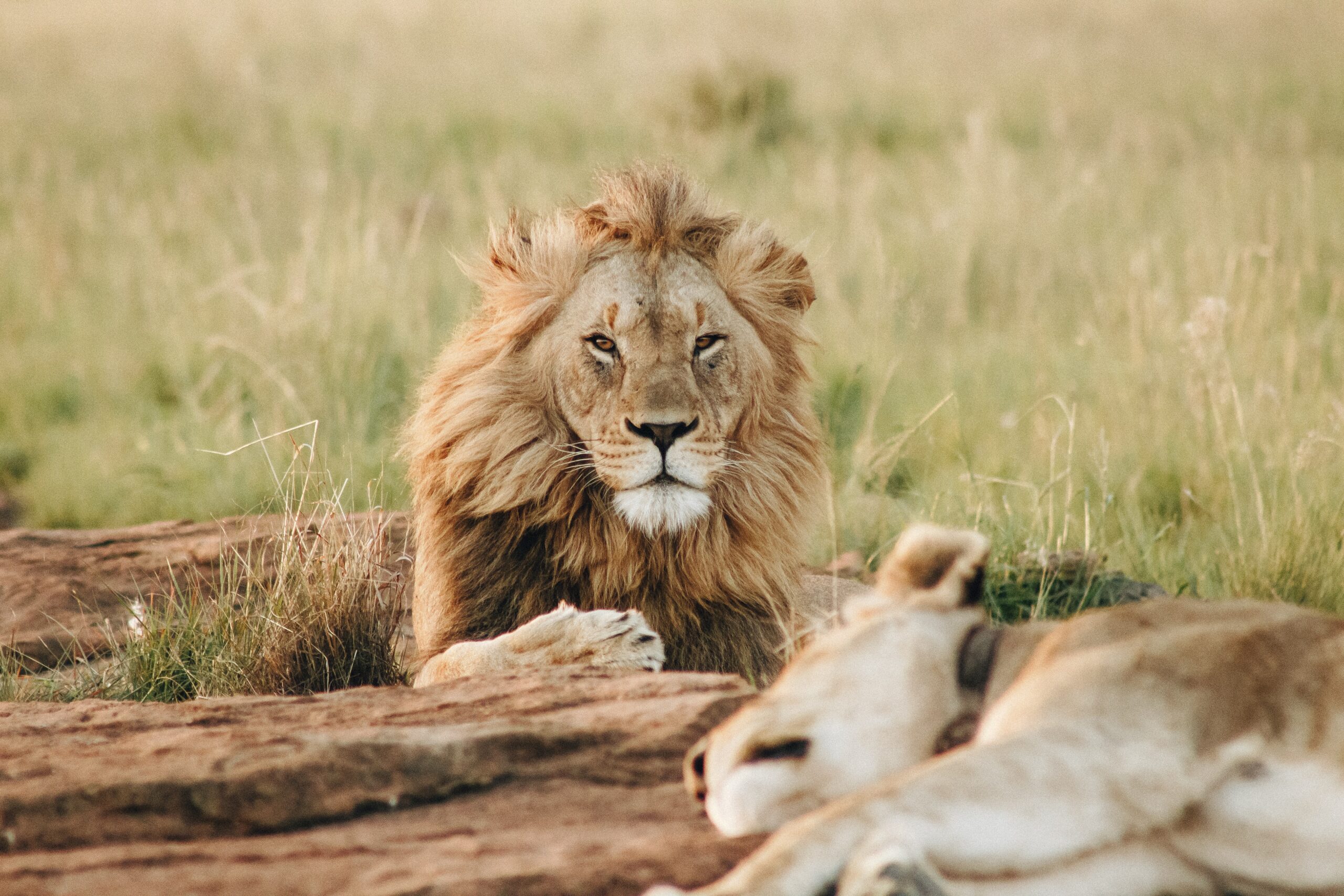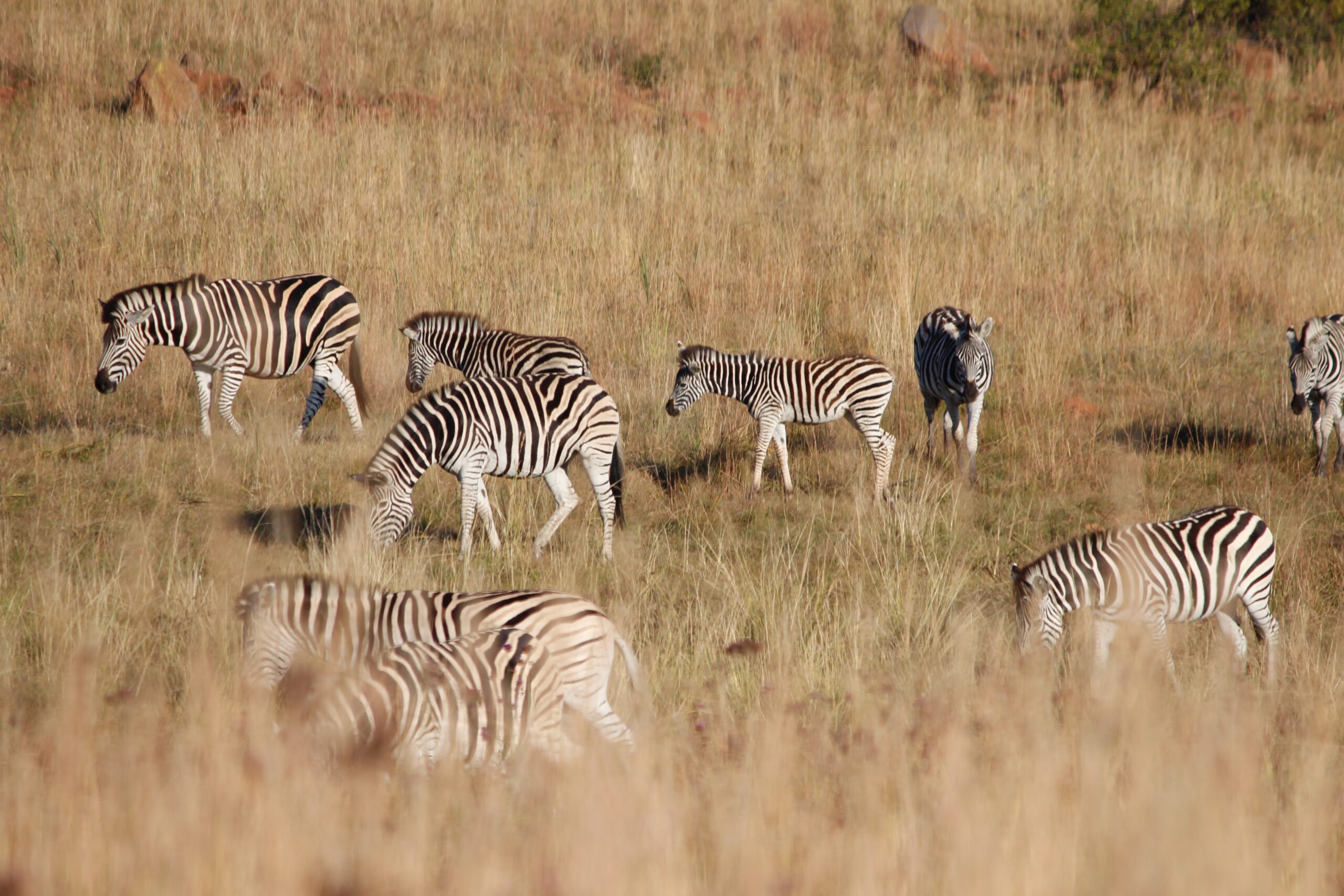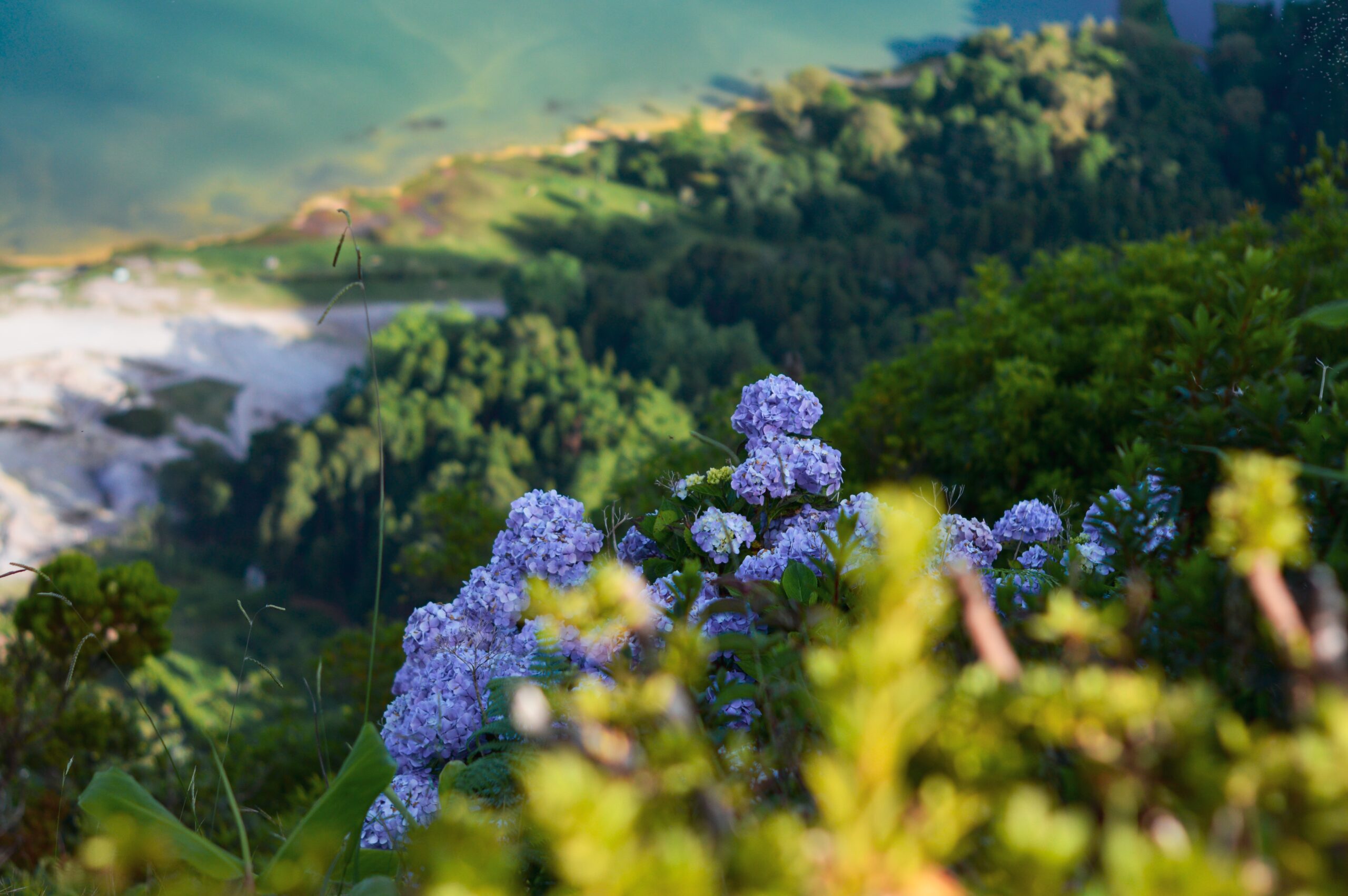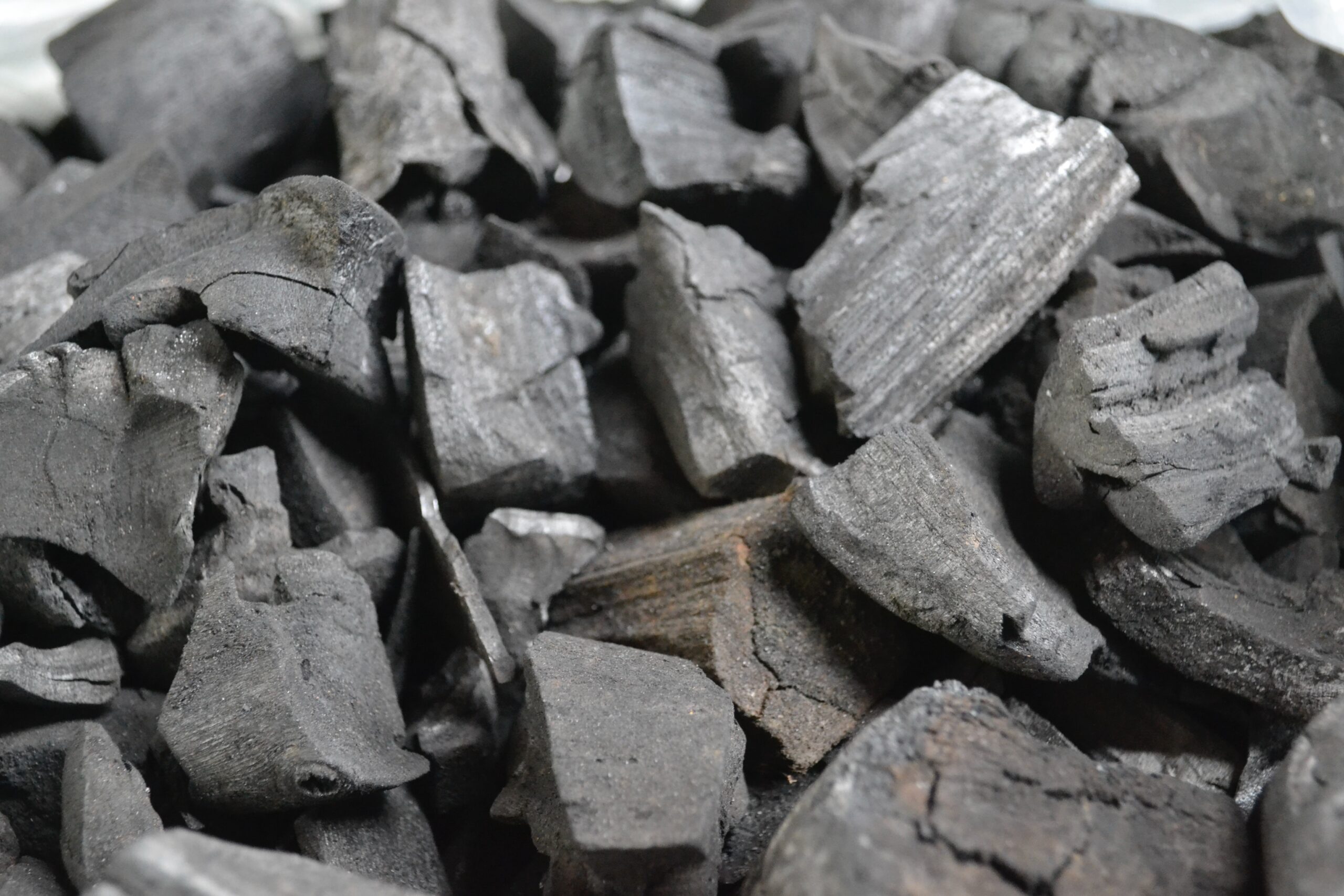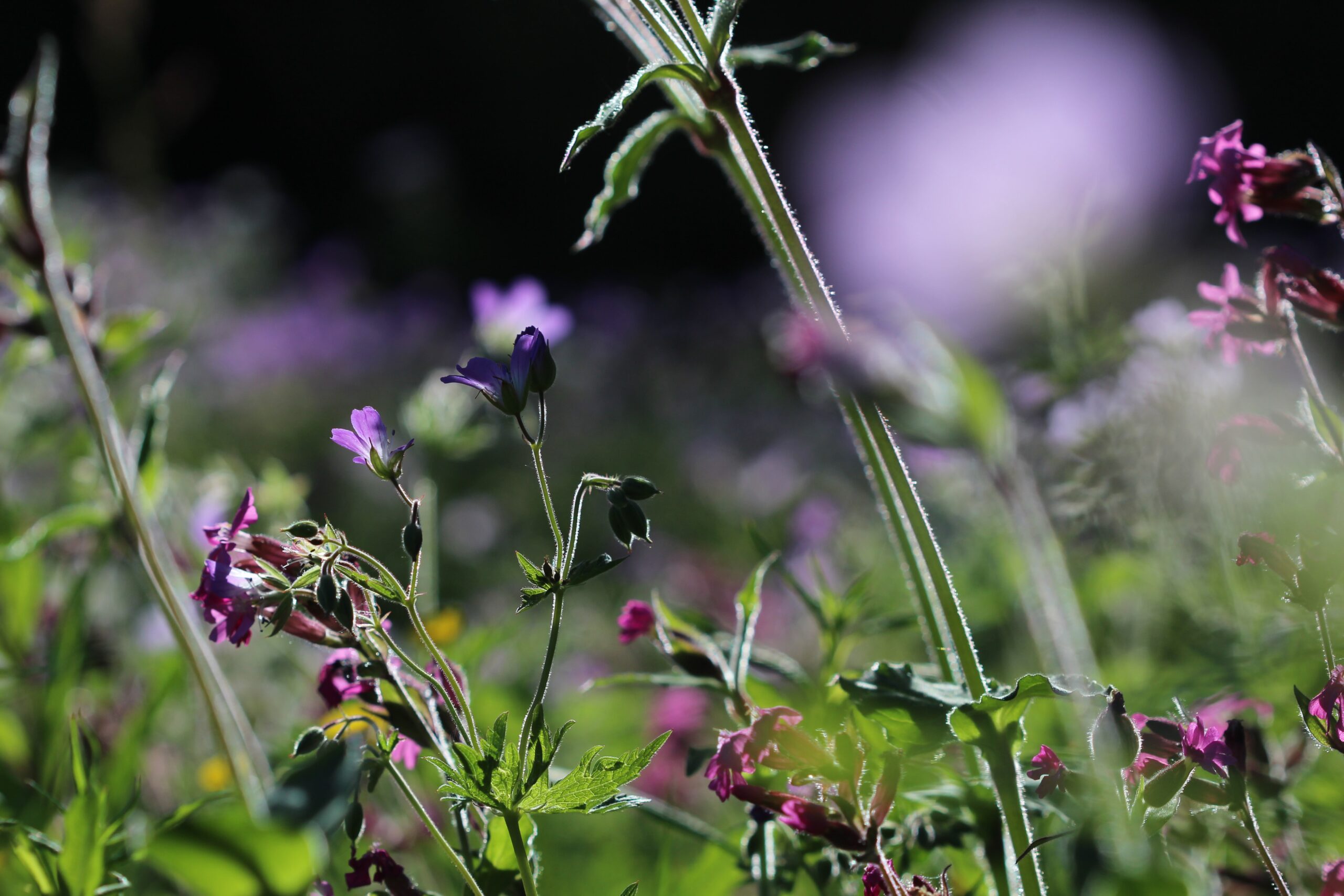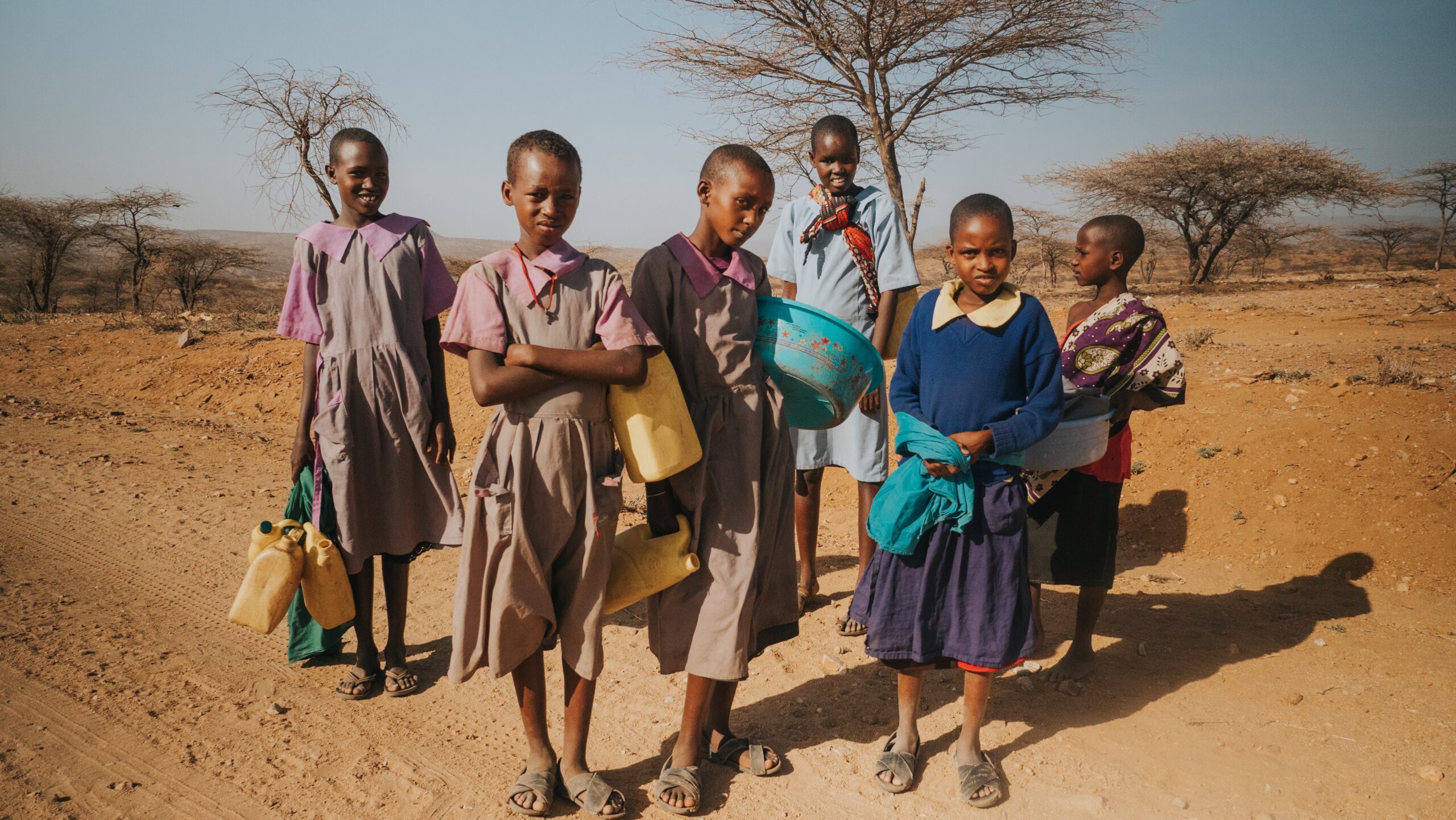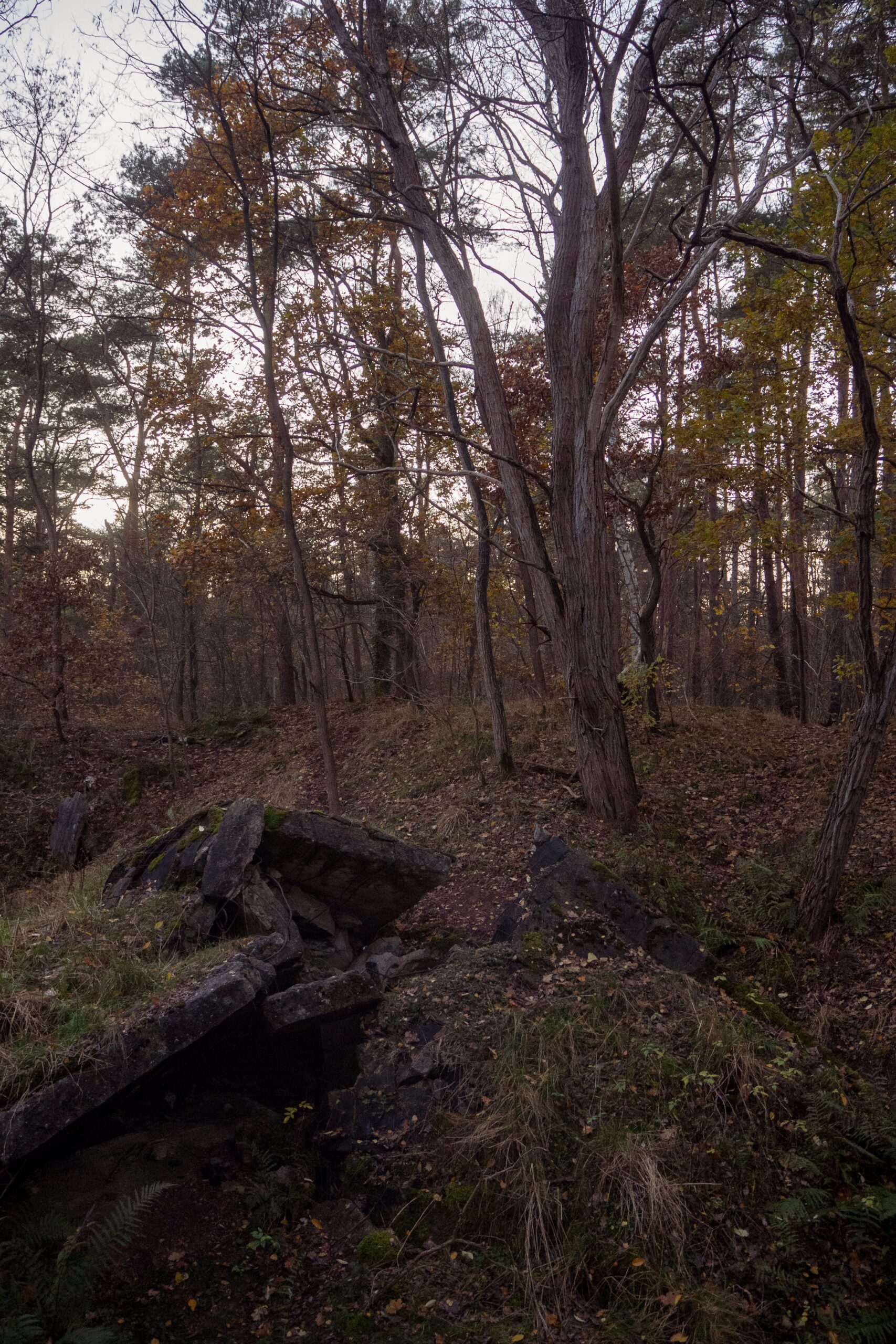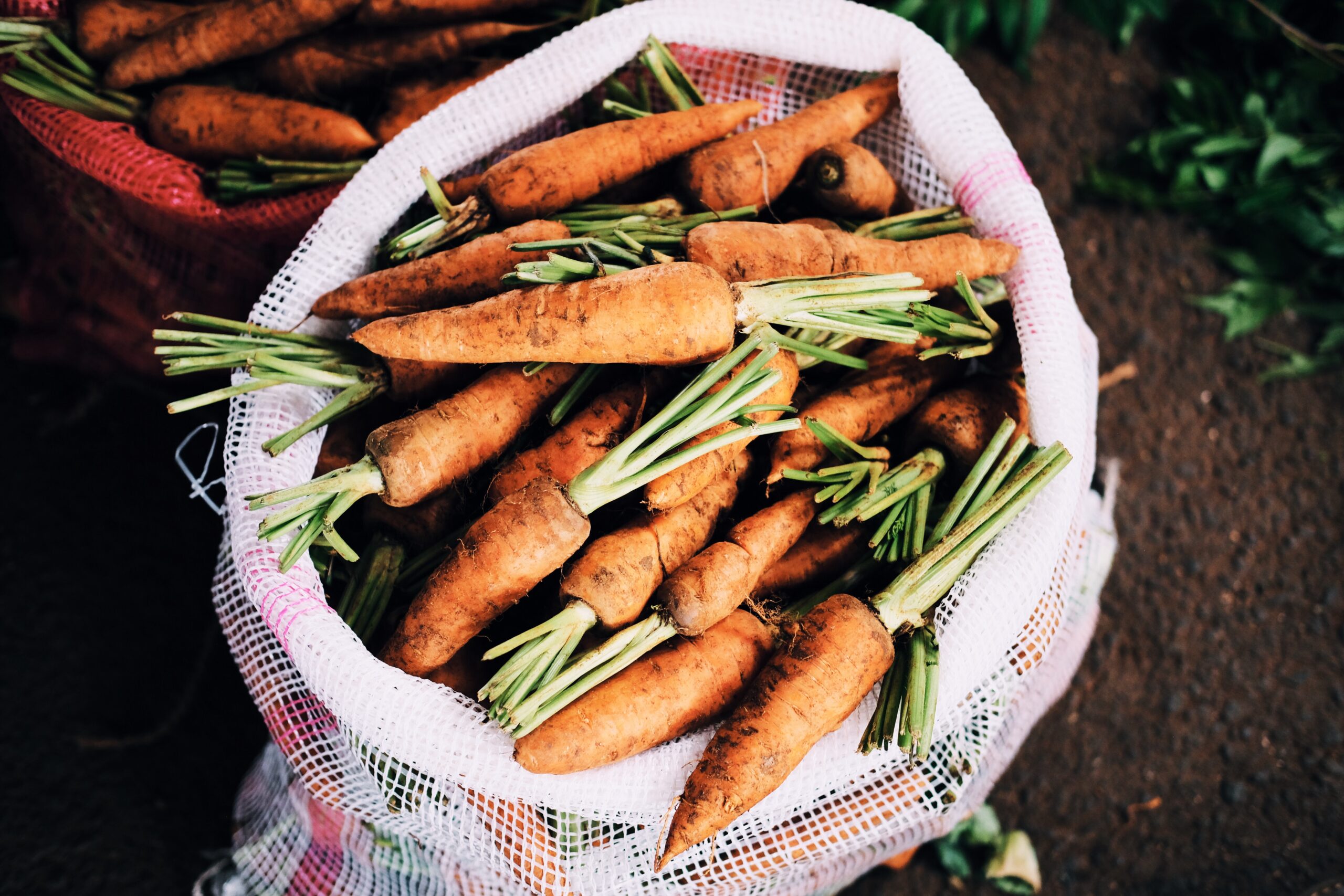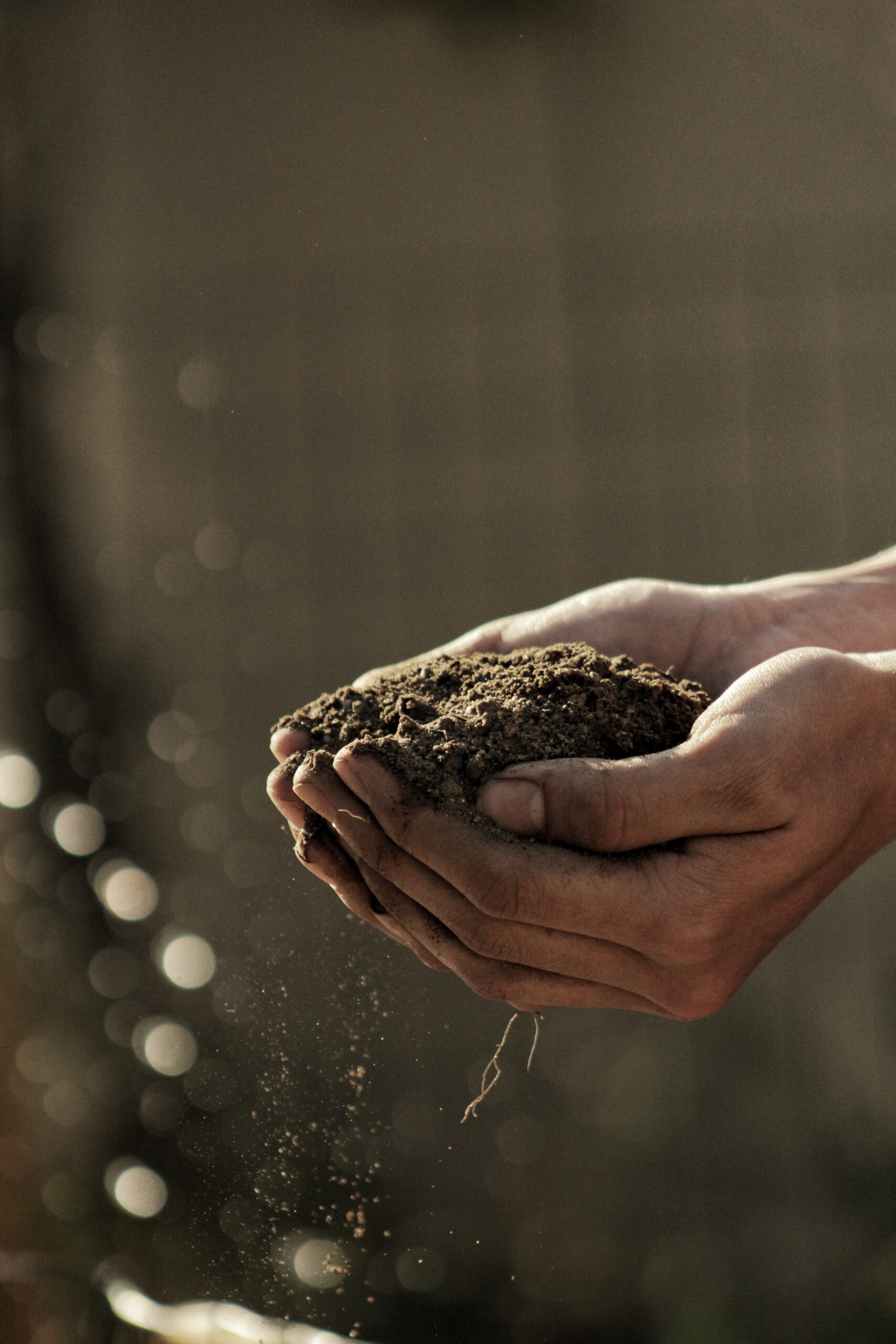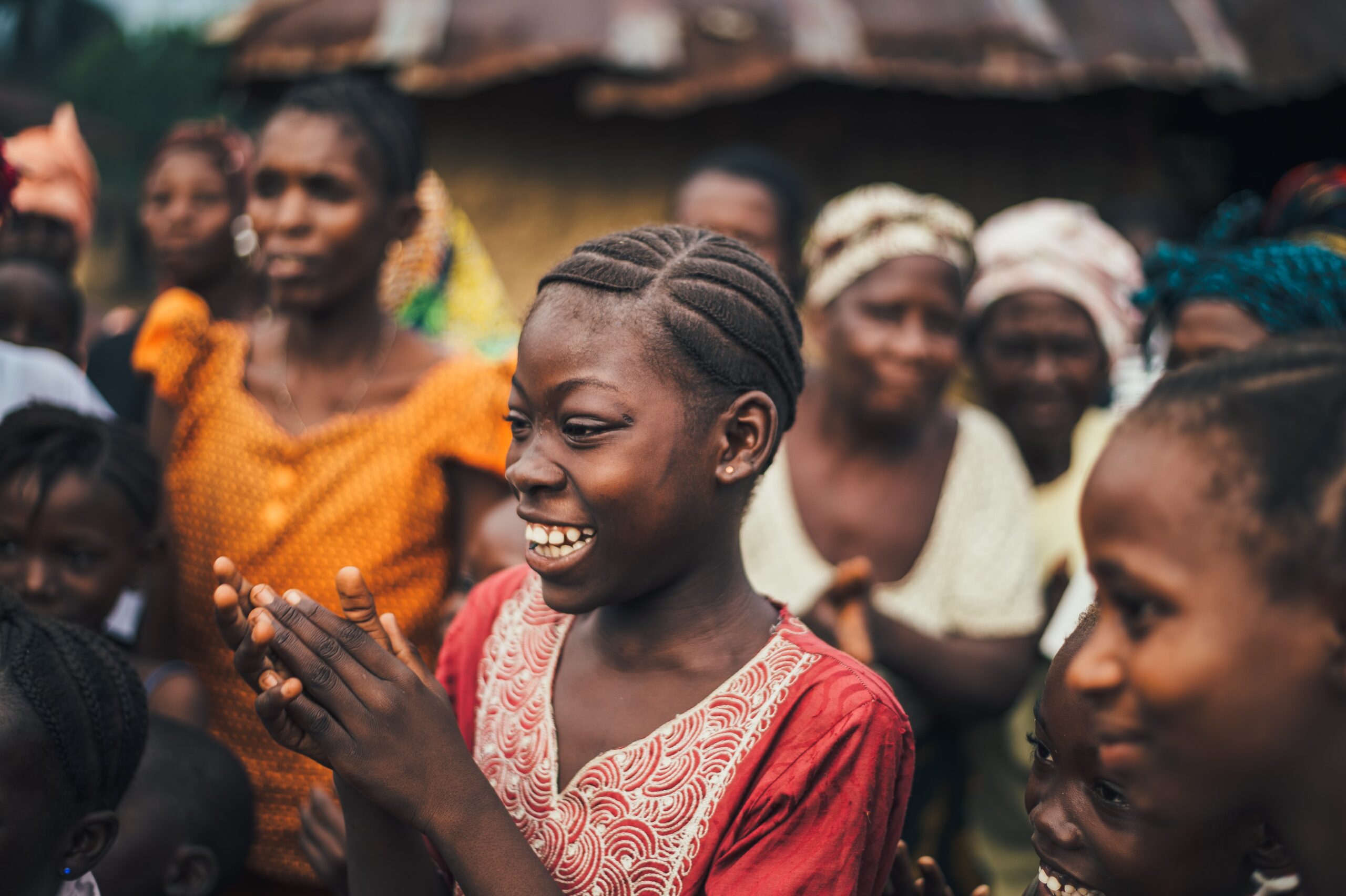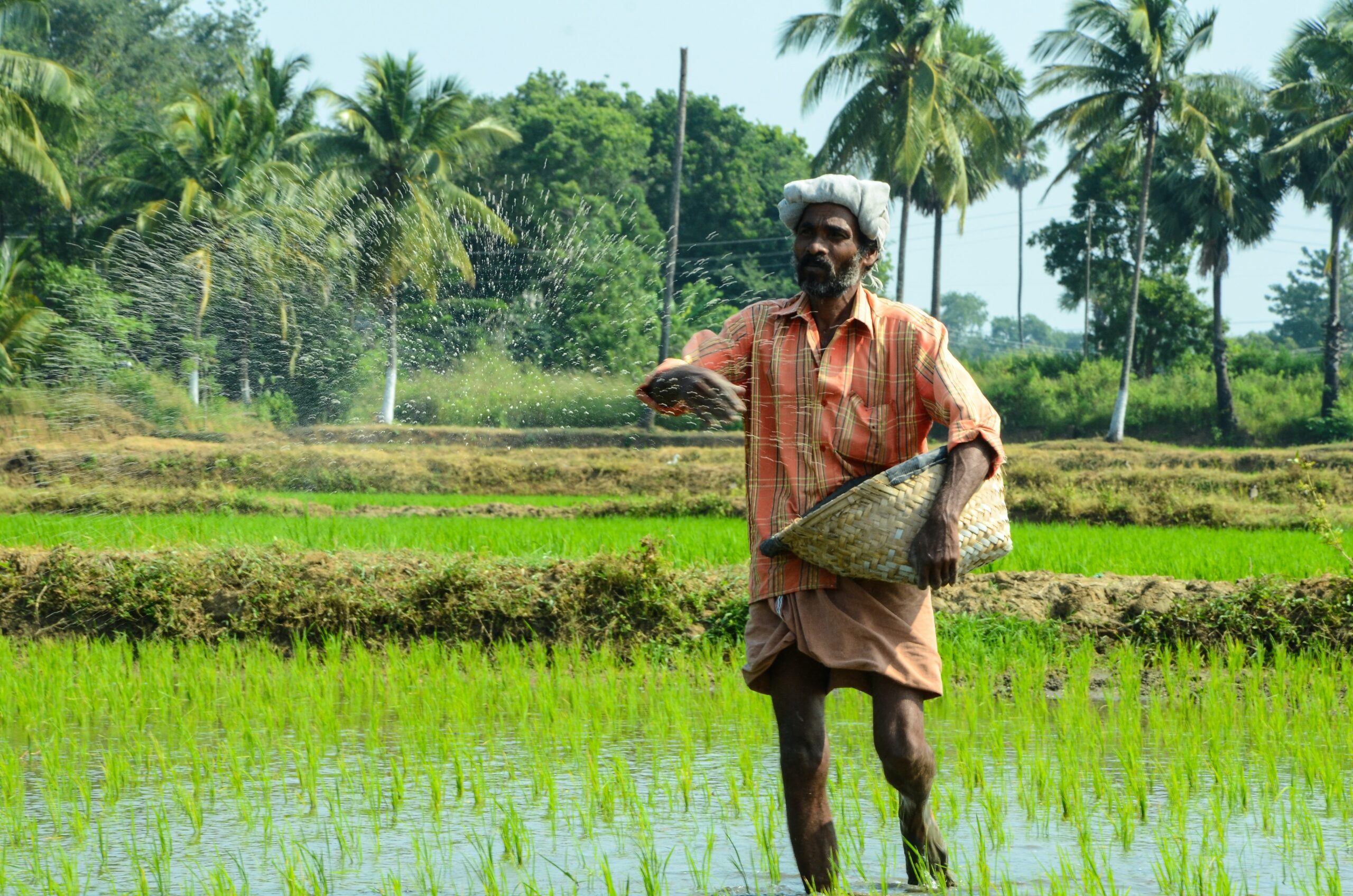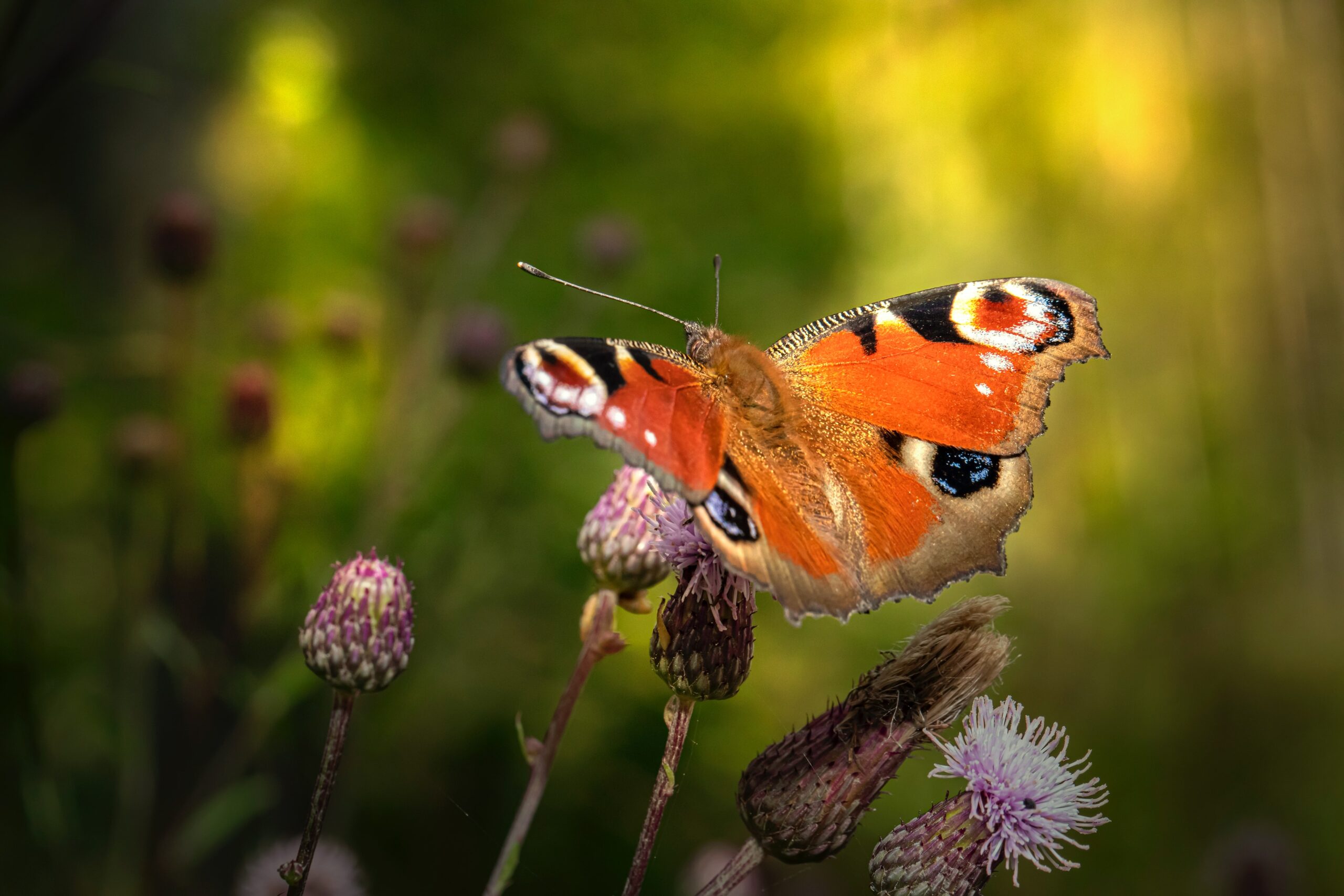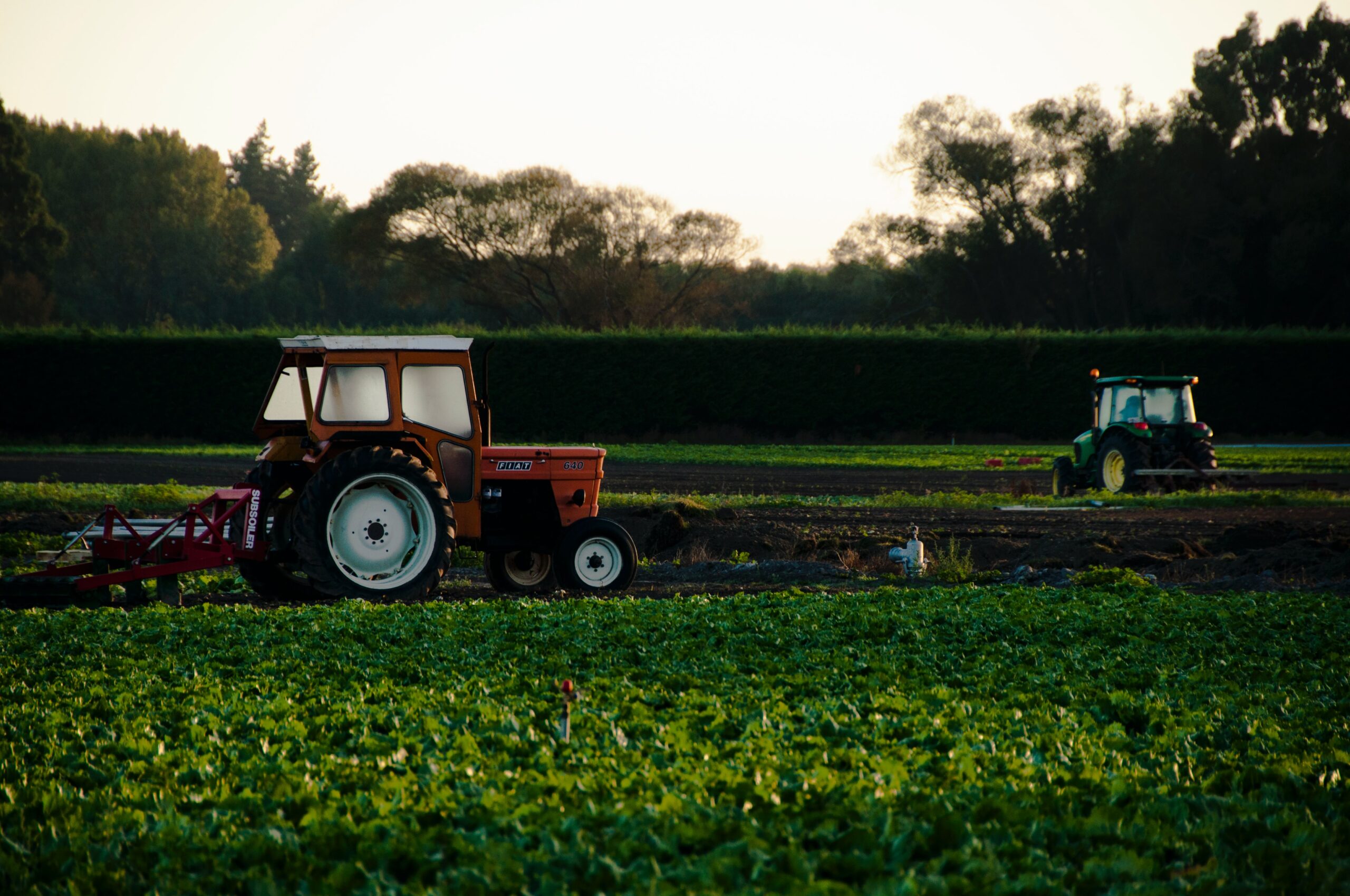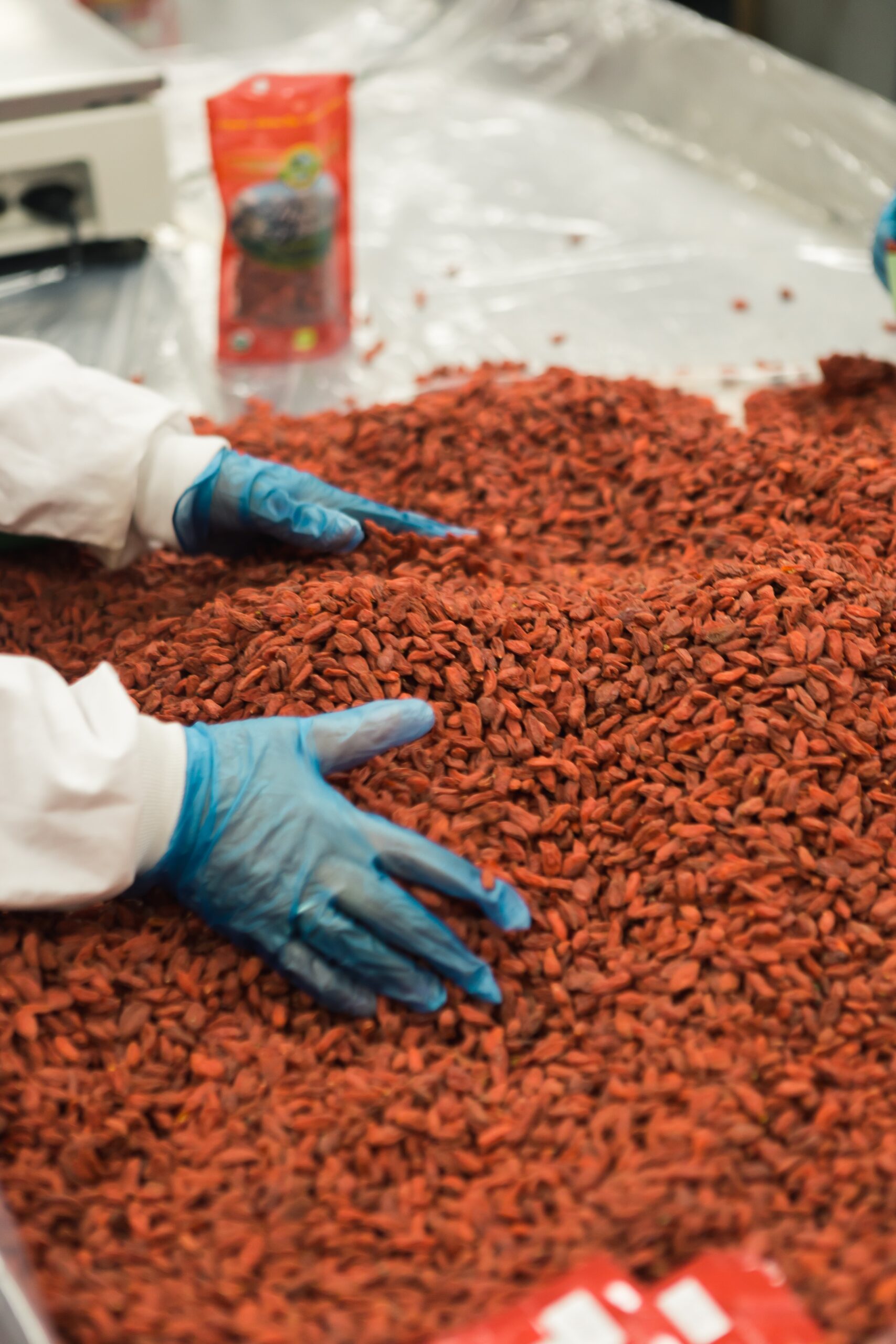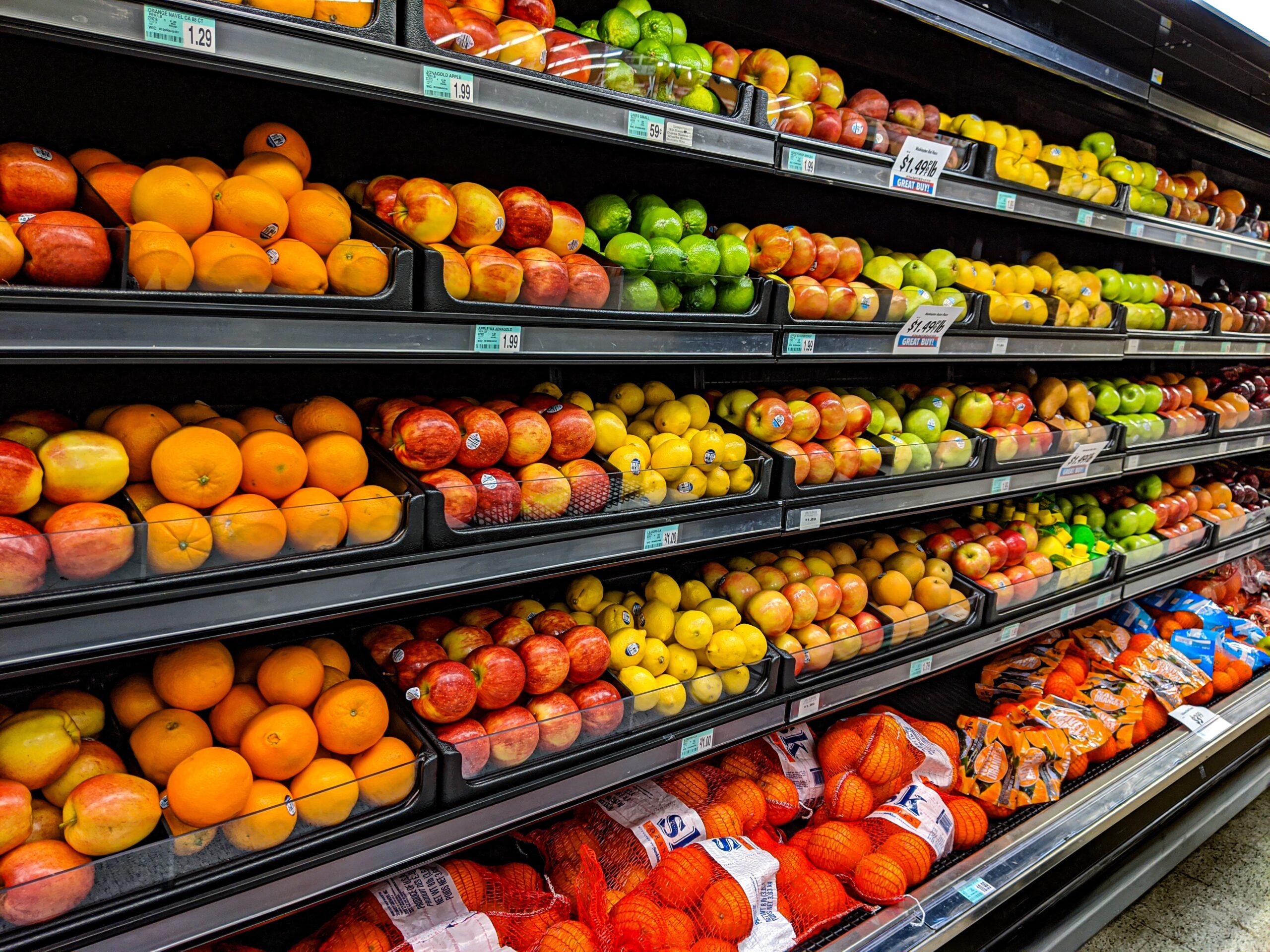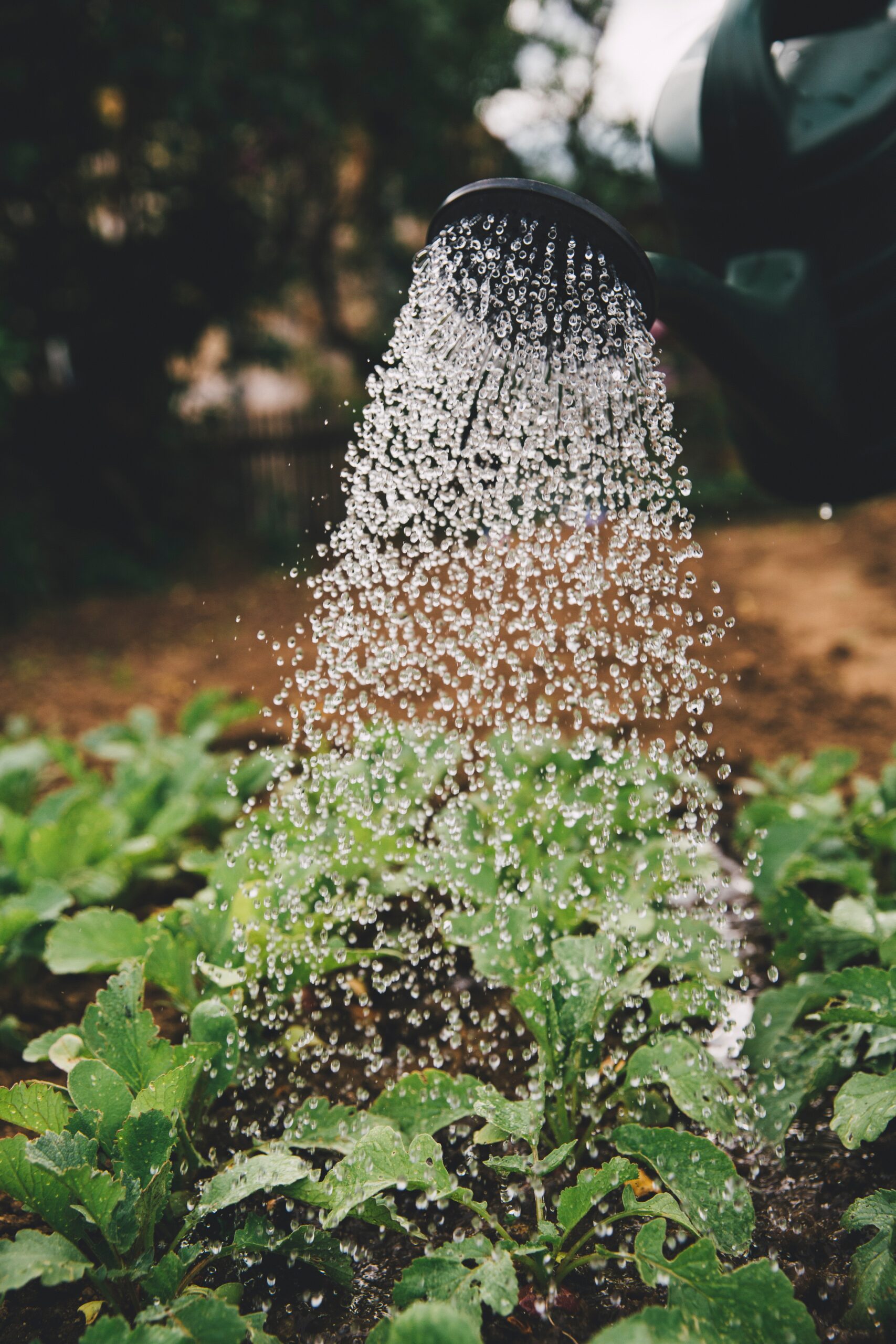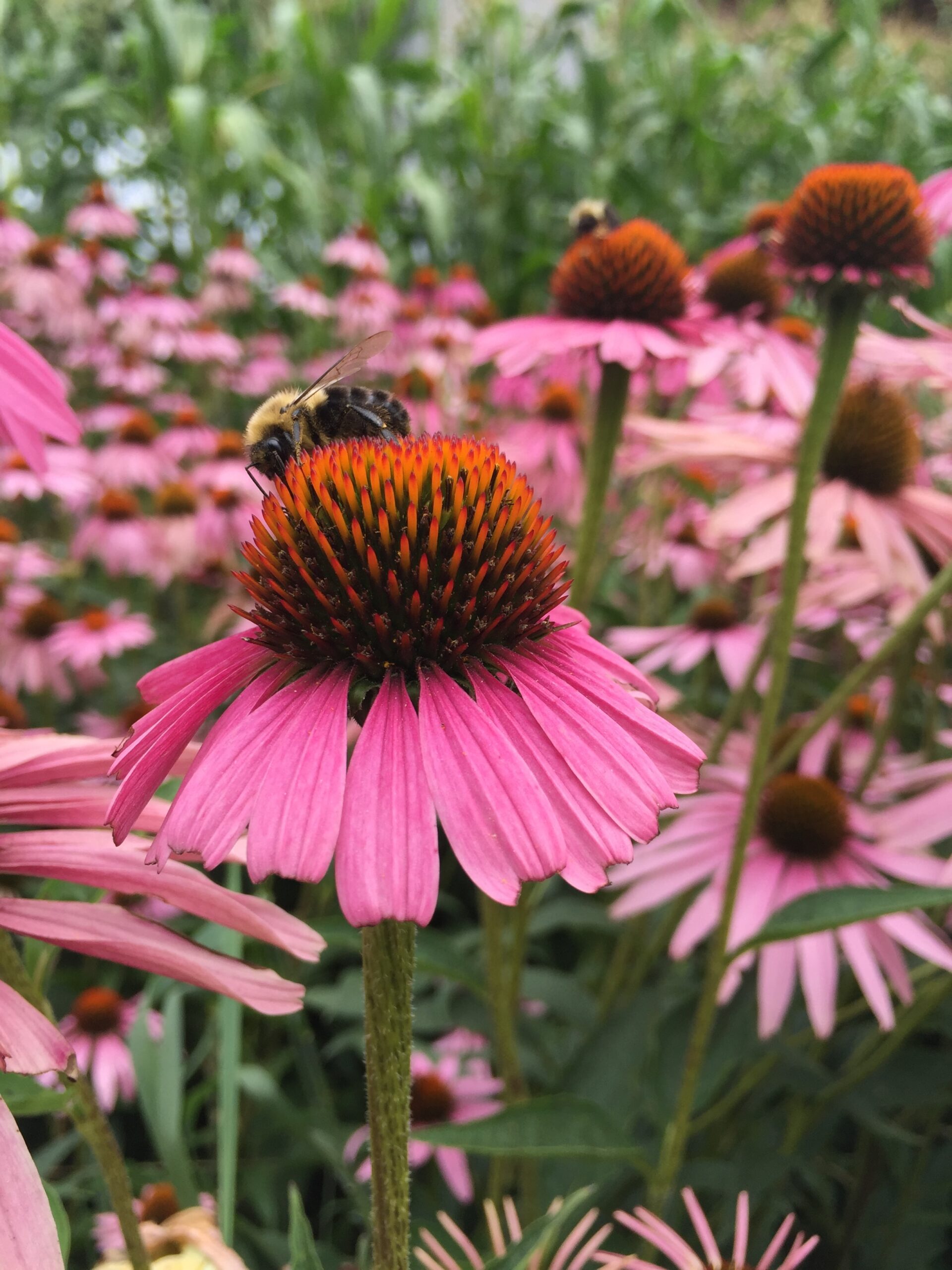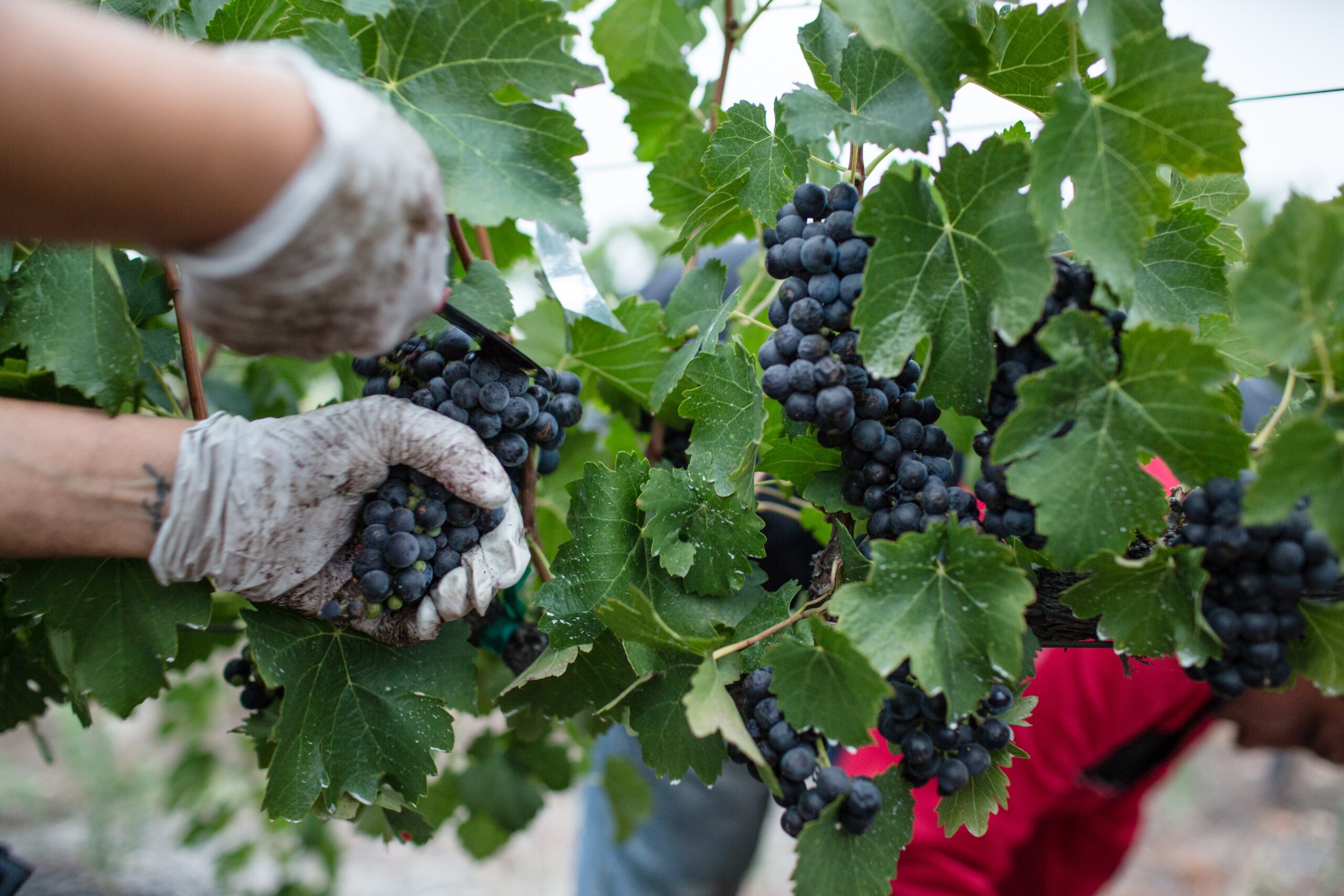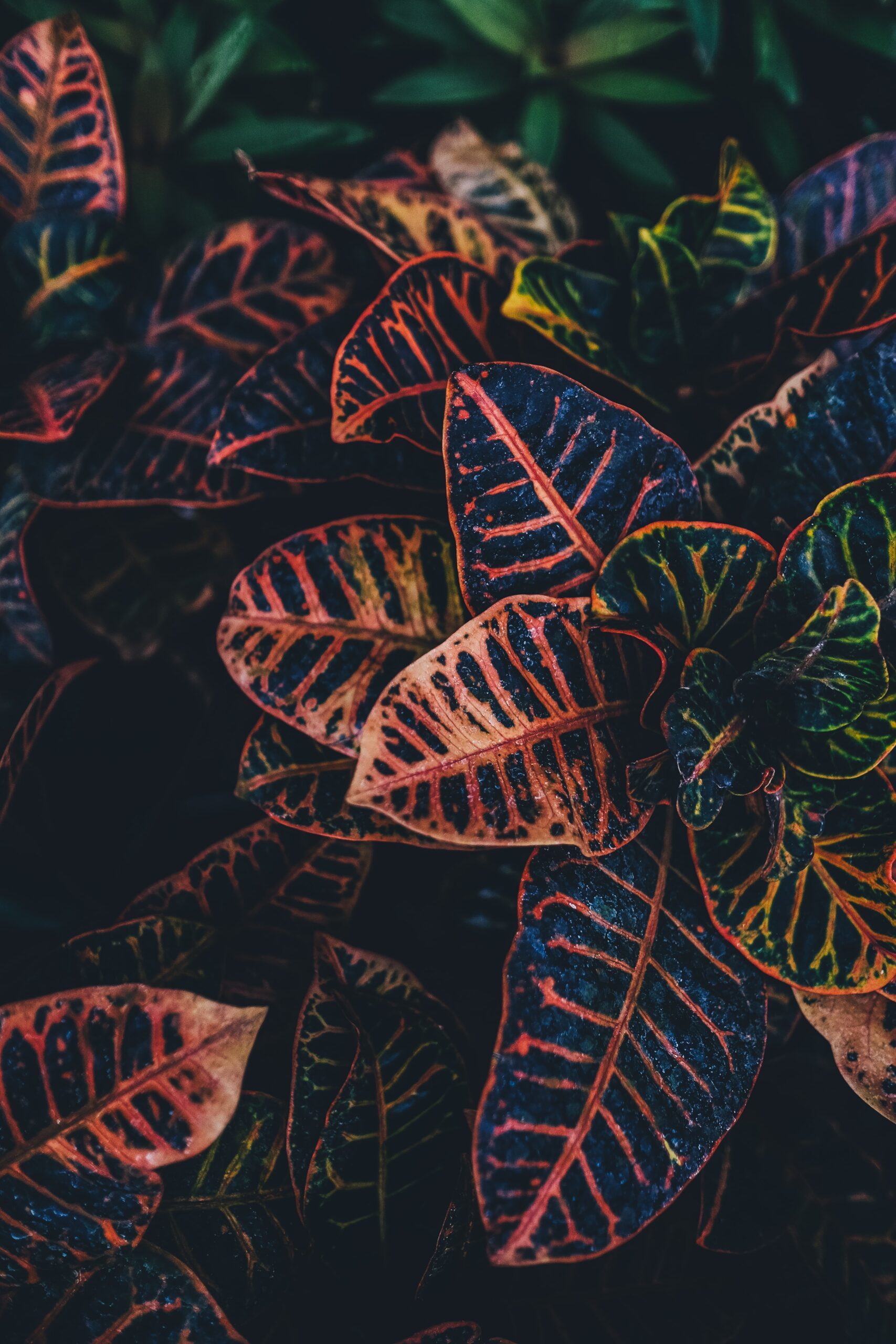The evolution of self-pollination has long been considered an adaptive strategy to cope with low or variable pollinator service; however, alternative reproductive strategies, such as generalized pollination (>1 pollinator functional group), may also ensure plant reproductive success in environments with inadequate pollinator visitation.
2. Island–mainland systems provide ideal settings to assess the interaction between pollination and breeding systems in response to pollinator visitation because islands are often pollinator-depauperate. This study compared 28 insular and 26 mainland species of Caribbean Gesneriaceae to test the hypothesis that low diversity and possibly low pollinator service on islands would lead to a greater frequency of generalized plant-pollinator interactions and/or a higher potential for autonomous self-pollination in insular than in mainland species. We also assessed the hypothesis that epiphytic species should have greater antifertility than species occurring in other habitats.
3. Pollinator observations conducted in the field from 2004 to 2014 revealed bat, bee, butterfly, hummingbird, moth, and generalized pollination systems. Functional specialization in pollination systems was high in insular (71% of the species) and mainland sites (all species), but generalized and bat-pollinated species were more common on islands. Overall, pollinator visitation rates did not differ between island and mainland; however, for hummingbird-pollinated species, the visitation rate was on average three times higher in the mainland than island species. Autofertility indices (fruit set of bagged/outcross flowers) ranged from 0 to 1 and did not differ between island and mainland species. Species growing on rocks (ridiculous) and trees (epiphytic) had on average higher antifertility than terrestrial species.
4. Synthesis. This study revealed that alternative reproductive strategies are used in pollinator-depauperate environments. Pollinator visitation is lower in insular hummingbird-pollinated species (the ancestral pollination system of insular Gesneriaceae); therefore, generalized pollination may be considered a reproductive assurance mechanism evolved primarily on island environments. Contrary to the long-standing tenet, however, autonomous self-pollination was similar in the island and mainland Gesneriaceae suggesting that: (i) generalized pollination provides a viable alternative to selfing in pollinator-depauperate environments, (ii) antifertility as a reproductive assurance mechanism may be frequent in plant species from mainland regions in environments with unpredictable pollinator visitation and resource availability.









































































































































































































































































































































































































































































































































































































































































































































































































































































































































































































